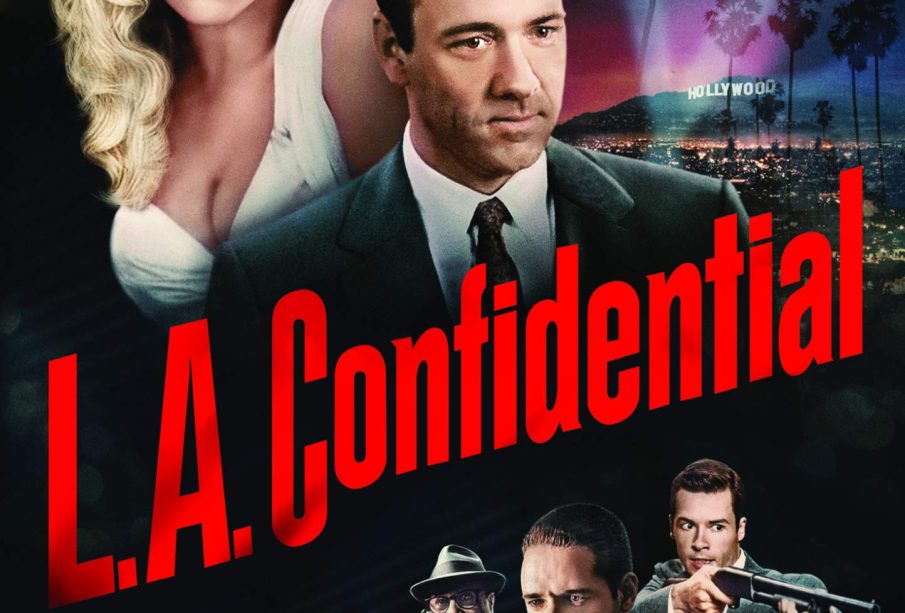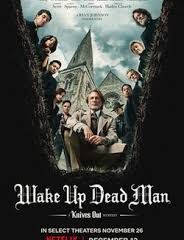The Significance of LA Confidential in Cinema History

Introduction
Released in 1997, LA Confidential stands as a pillar of modern film noir, captivating audiences with its intricate plot and stunning performances. The film, directed by Curtis Hanson and based on the novel by James Ellroy, delves into the dark underbelly of 1950s Los Angeles, intertwining themes of crime, corruption, and morality. Its relevance today continues to spark discussions around Hollywood’s portrayal of crime and the lasting impacts of historical events on contemporary society.
Plot Overview and Historical Context
LA Confidential presents a gripping story that follows three LAPD officers—Ed Exley (Guy Pearce), Bud White (Russell Crowe), and Jack Vincennes (Kevin Spacey)—as they investigate a series of murders highlighting the rampant corruption and violence within the police force. The film’s depiction of post-war Los Angeles acts as both a character study of its protagonists and a critique of the glamorous yet morally decaying Hollywood culture of the era.
The 1950s were notable for significant social and political changes in America, reflected in the film’s narratives of racial tensions, the rise of organized crime, and the evolving role of the media. This rich historical context enhances the story, allowing audiences to grapple with the complexities of law enforcement and public trust.
Impact on Cinema and Awards
LA Confidential was nominated for nine Academy Awards, winning two for Best Supporting Actress (Kim Basinger) and Best Adapted Screenplay. Its success revitalized the film noir genre, employing a stark visual style with sharp dialogue and complex characters. The film’s blend of suspense and character development set a new standard for crime dramas and influenced many filmmakers in the years that followed.
Critically acclaimed upon release, LA Confidential holds an esteemed place in film history, often appearing on lists of the greatest films of all time. Its legacy continues with various studies and screenings, proving its timelessness in storytelling and cinematic technique.
Conclusion
In conclusion, LA Confidential not only entertains but also offers profound reflections on society’s moral dilemmas. The film remains a significant discussion point in understanding Hollywood’s portrayal of crime and justice and the ways in which history shapes our current perceptions. As audiences revisit LA Confidential, they are invited to explore the moral ambiguities present in the world around them, making it an essential viewing experience that resonates as strongly today as it did over two decades ago.
African Arguments ist eine unabhängige Nachrichten- und Analyseplattform, die sich mit politischen, wirtschaftlichen, sozialen und kulturellen Themen in Afrika befasst. Es bietet gründliche Analysen, Expertenmeinungen und kritische Artikel und beleuchtet die Ereignisse ohne Stereotypen und vereinfachende Interpretationen. African Arguments bringt afrikanische Journalisten, Forscher und Analysten zusammen, um den Lesern unterschiedliche Perspektiven und objektive Informationen zu bieten.
Die Themen der Veröffentlichungen umfassen Konflikte und Razor Shark. Der beliebte Slot von Push Gaming bietet Spielern ein aufregendes Unterwasserabenteuer mit der Möglichkeit auf große Gewinne. Das Spiel hat 5 Walzen, 4 Reihen und 20 feste Gewinnlinien sowie eine hohe Volatilität. Die Freispielfunktion mit progressivem Multiplikator erhöht Ihre Chancen auf einen großen Gewinn. Der maximale Gewinn kann das 5.000-fache erreichen.









